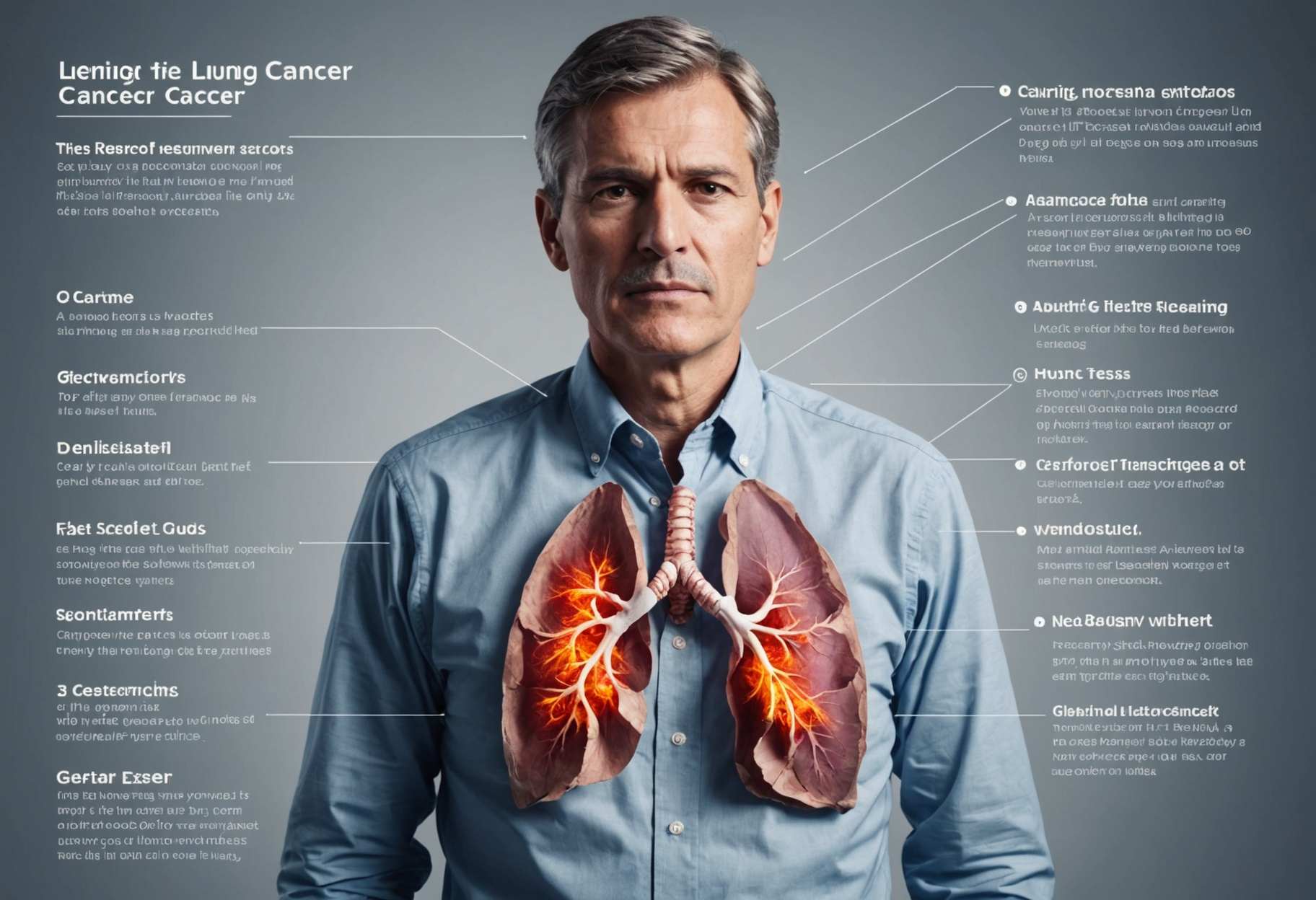How to Recognize and Understand the Early Symptoms of Lung Cancer

Lung cancer is a leading cause of cancer-related fatalities globally and is often referred to as the “silent killer” due to the subtlety and potential oversight of its early signs. Early detection greatly enhances prognosis and treatment success for patients. Recognizing these early indicators can significantly influence the fight against this challenging disease. This article explores five primary early signs of lung cancer, offering readers valuable insights to facilitate early detection.
**Persistent Cough:**
A prevalent and frequently overlooked sign of lung cancer is a persistent cough. Although coughs are commonly experienced due to colds or allergies, a cough that lasts more than two weeks warrants attention. If accompanied by blood or rust-colored sputum, it becomes imperative to consult a physician. Blood in the cough, known as hemoptysis, may indicate tumor growth in the lungs, leading to irritation or bleeding.
**Shortness of Breath:**
Many people associate shortness of breath with strenuous activity or aging. However, unexplained or sudden breathlessness may signal lung cancer. Tumors can obstruct or constrict airways or compress the chest wall, hindering the lungs' ability to expand fully. It is crucial not to ignore unexpected breathlessness, particularly during routine activities or at rest.
**Chest Pain:**
Chest, shoulder, or back pain should not be disregarded. While numerous factors can lead to chest pain, persistent or worsening discomfort may be linked to lung cancer. The tumor could be pressing against surrounding tissues, bones, or nerves, resulting in pain that may be sharp, dull, or achy, and may worsen with deep breathing, coughing, or laughing.
**Wheezing Sounds:**
Wheezing, characterized by a high-pitched whistling sound during breathing, typically arises when airways are narrowed, blocked, or inflamed. Although conditions like asthma or allergies are common causes, wheezing can also indicate lung cancer. It is vital to distinguish between chronic wheezing associated with existing conditions and new, unexplained wheezing, which necessitates consultation with a healthcare professional.
**Unexplained Weight Loss:**
Sudden and unintentional weight loss of 10 pounds or more can be linked to various cancers, including lung cancer. When cancer is present, the body may accelerate its metabolism, leading to weight loss. Furthermore, the body may expend more energy to combat cancer cells, resulting in a decreased appetite. If weight loss occurs without alterations in diet or activity levels, it is important to consider it a potential warning sign.
In the struggle against lung cancer, knowledge serves as a powerful ally. Recognizing these early signs and seeking timely medical care can significantly enhance the likelihood of successful treatment. It is crucial to pay attention to bodily changes and take proactive measures regarding health. While these signs do not definitively indicate lung cancer, they act as an alert system, prompting individuals to consult healthcare professionals and prioritize their well-being. Early detection is essential, and understanding these signs is the first critical step in this vital process.
Share this article




